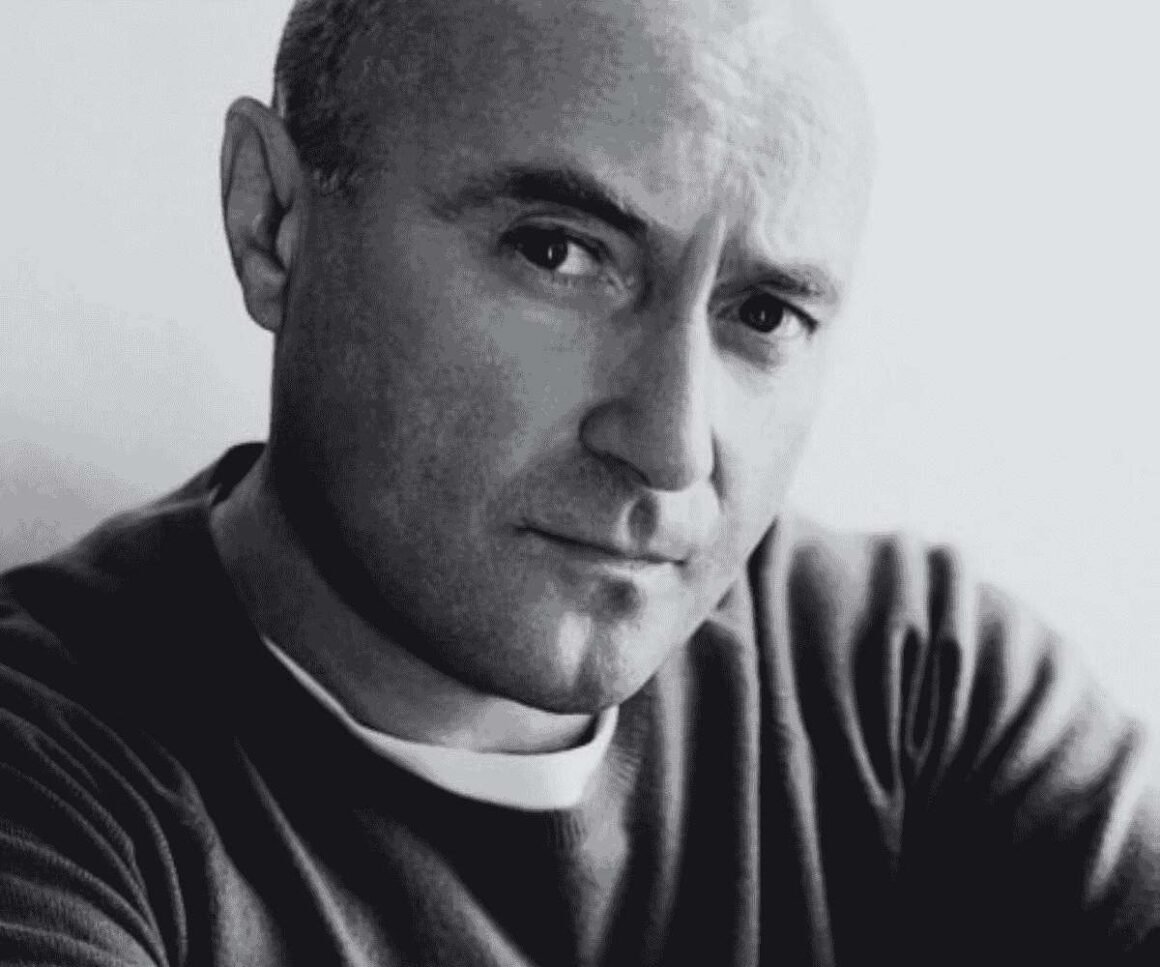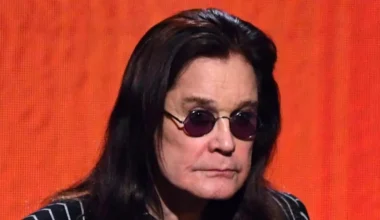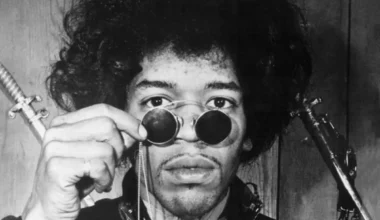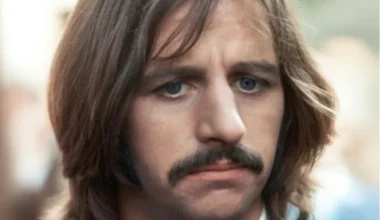No rock and roll reunion comes without its share of complications. While many legendary bands have successfully returned to the stage, others have stumbled, leaving fans to wonder about their viability after years in the shadows.
When Led Zeppelin reunited for the first time at Live Aid, some pointed fingers at Phil Collins for their lackluster performance. But was it fair to place the blame squarely on him?
The Irreplaceable John Bonham
John Bonham’s absence loomed large over Led Zeppelin. No one could truly fill the shoes of the legendary drummer. While his son Jason did a commendable job during the band’s 2007 reunion, documented in Celebration Day, it was still a far cry from Bonham’s wild energy and unique style that defined their classic sound.
Collins’ Musical Chops
Phil Collins, the frontman of Genesis, had proven his musical prowess over the years. Despite his shift from prog rock to more mainstream hits, he remained a skilled drummer. His addition to Led Zeppelin’s performance for “Rock and Roll” seemed like a natural fit given his rising star.
However, the performance fell short of expectations, leading Jimmy Page to single out Collins as the primary culprit.
Collins’ Experience with the Band
But the situation was more nuanced. Collins recounted feeling belittled by Page, who treated him as a lesser musician during rehearsals. With tensions already high among the band members, it’s no surprise that the performance suffered. A lack of camaraderie on stage can heavily impact the quality of a live show.
Mixed Results on Stage
While Collins struggled with some of the iconic parts, he also brought his own interpretation to the performance. Yet, attempting to adapt classic tracks like “Whole Lotta Love” carried the risk of alienating die-hard fans who had their own expectations for these timeless songs.
Collins Accepts the Blame
In a candid moment, Collins acknowledged that he often finds himself at the center of blame.
He remarked, “I find that I am usually the one blamed for it. It couldn’t possibly be the holy Led Zep who were at fault… It was that geezer who came over on Concorde who wasn’t rehearsed.”
His comments highlight the scapegoating that often occurs in the aftermath of high-profile performances.
Ultimately, Collins’ visibility in the music world made him an easy target for criticism. With his chart-topping success, it was convenient to point at the “Sussudio” singer when Led Zeppelin’s performance didn’t meet expectations.
A Shared Responsibility
So, is Phil Collins the main reason for Led Zeppelin’s underwhelming Live Aid reunion? Probably not. The truth is likely more complex than simple blame. While Collins faced criticism for his performance, the rest of Led Zeppelin also needed to reflect on their readiness and dynamics as a band.
The reality of rock reunions is that they often require more than just star power; they need cohesion and a shared vision.








